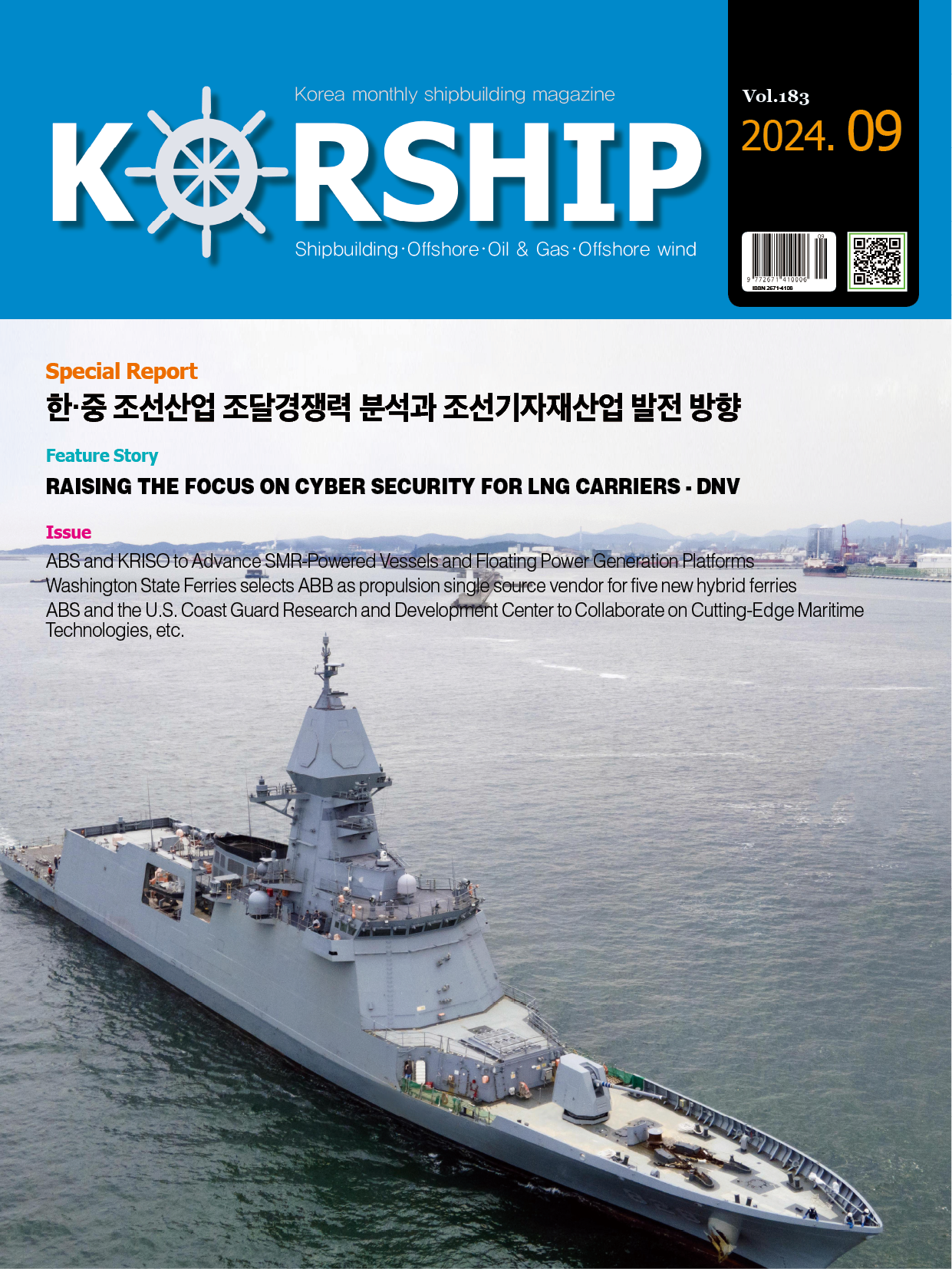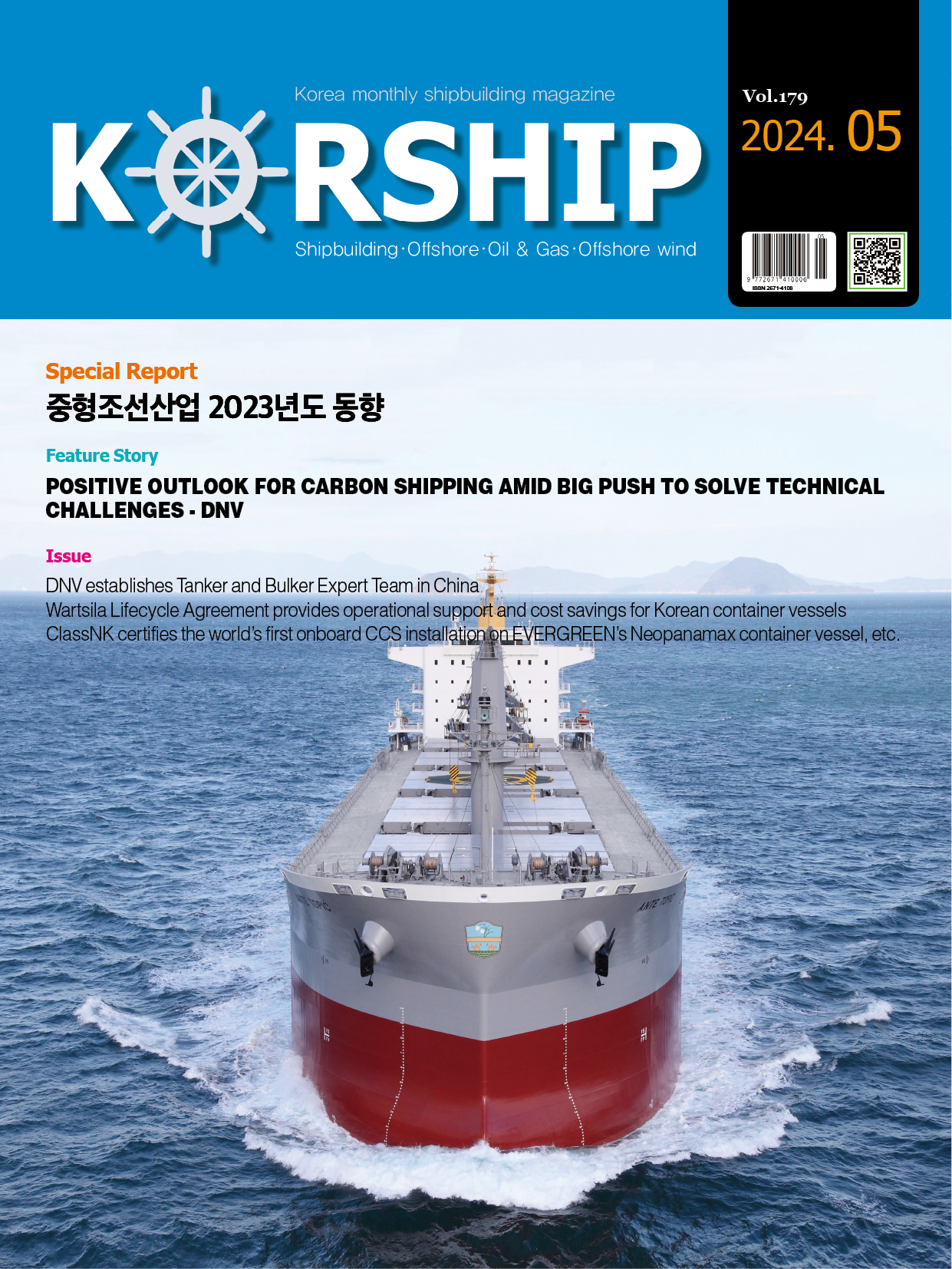Issue Solving a complex tanker scheduling problem to satisfy the forecasted …
페이지 정보
작성자 최고관리자 댓글 0건 조회 1,809회 작성일 21-11-15 12:06본문
With over 3,500 oil tankers around the world, oil tankers are an integral part of the global transportation of oil from their extraction site to refineries or distribution centers. However, scheduling these tankers has historically been a manual, time-consuming, error-prone task that affects the bottom line of oil majors.
With challenges such as demand volatility, pressure to maximize utilization of time charter vessels, incompatible oil grade loading, finding vessels to spot charter when time charter vessels are fully utilized, and disruptions due to weather, strikes, accidents or unrest. Add to that port limitations for each port, such as daylight arrival only, minimum depth, port window, allowed LOA, WL to manifold, allowed beam, length of wharf, load or discharge rates, plus congestion delays, the notion that tanker operations teams must take all of this into account, plus meet the demand of the consumption of oil cargo and ensure stocks do not dip below minimum safety stock levels, while trying to attain zero waiting time, and manually create an cost-optimized schedule is complex.
Solverminds, a leading global technology company that is well known for their enterprise resource management solutions(ERP) for liner and maritime organizations, as well as consulting and data analytics, has developed a solution that bridges the gap between business and technology. With the use of artificial intelligence(AI) and machine learning(ML), the Tanker Fleet and Service Optimizer from Solverminds is a rather long name for a very clever tool that does exactly what it says.
Says Captain Vijay Minocha, Chief Commercial Officer at Solverminds, “Our in-depth domain expertise and advanced technology platforms mean that – not only do we know first hand what the challenges are that these tanker operations personnel face – but we have the means and expertise to solve it.”
Oil majors’ challenges revolve around managing multiple vessels and oil grades while balancing sensitive variables. Many organizations perform this manually because there is no other way. Solverminds created the Tanker Fleet and Service Optimizer for this exact purpose.
This brings us to the launch of Solvermind’s Tanker Fleet and Service Optimizer. The optimizer’s primary objectives is to minimize cost, satisfy demand at the discharge port, and maximize the utilization of time-chartered vessels.
The Tanker Fleet and Service Optimizer uses AI and ML to generate the demand forecast at the discharge port. The Optimizer engine generates an accurate scheduling of tanker vessels, while considering every factor, limitation, variation, and cost optimization possible. Practical and easy to use, fleet scheduling is done within a matter of minutes. The optimizer includes these factors when creating a schedule for tanker vessels.
The Optimizer-generated schedule spans 30, 60, or 90 days and does so with a few simple clicks. This can be drilled down to weeks or days, for each vessel. It also solves the “multiple” conundrum(multiple vessels, delivering multiple grade oil cargo, from multiple load ports to multiple discharge ports, with multiple constraints), while providing grade load optimization. It optimizes time charter vessels for maximum utilization, and highlights charter hire vessels from the market if and when needed.
The schedule ensures stock levels meet fluctuating demand and does not dip below minimum safety stock levels, while achieving reliable delivery of cargo at discharge ports – within their own constraints such as day time arrival and tidal range – that facenarios such as congestion, vessel breakdown, berth maintenance, planned off-hires, and arrival at port windows.
Disruption planning is probably one of the most value-adding features of the Optimizer as it gives planners the ability to easily create revised schedules in the event of vessel and port disruptions. Flexible and agile planning is possible, backed by data-driven forecasts and clarity. Most importantly, the Optimizer reduces operational costs, and schedules the most affordable selection with the highest revenue per ton mile for each vessel.












